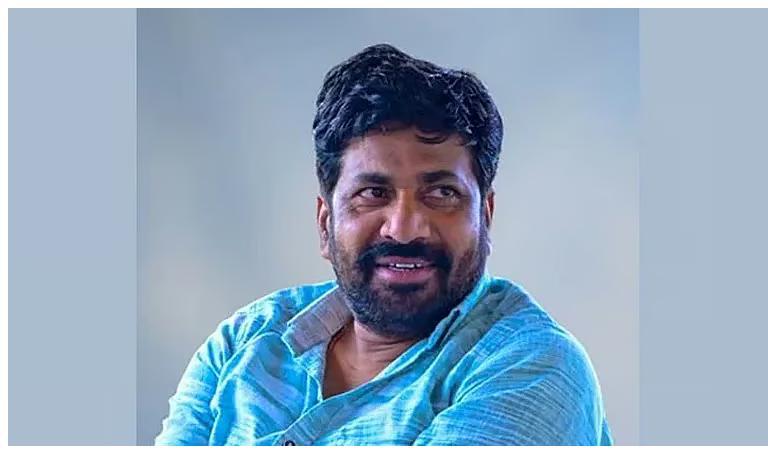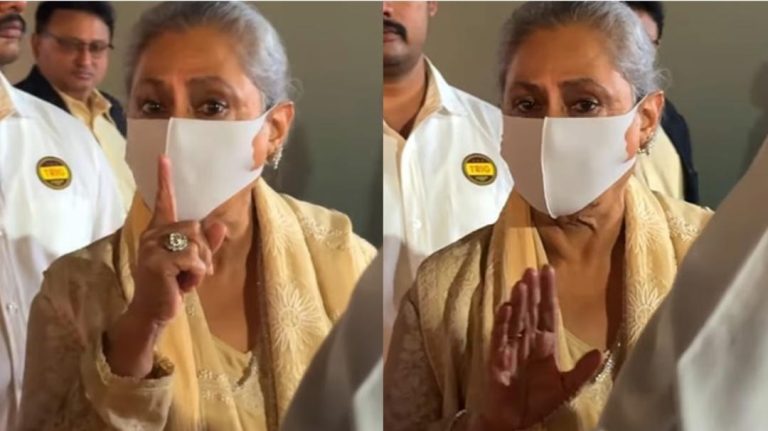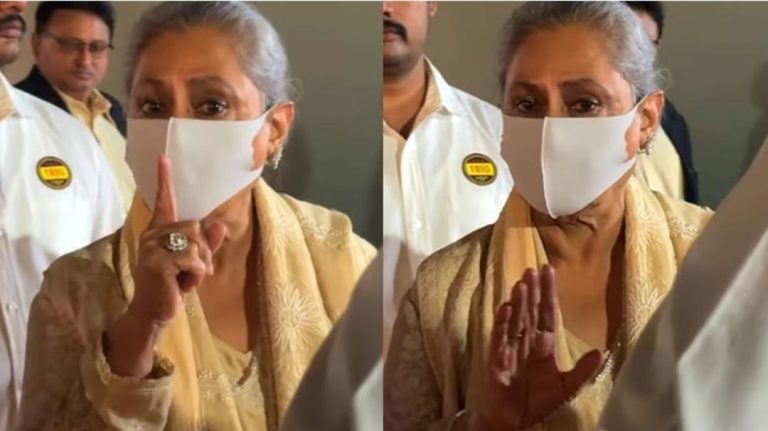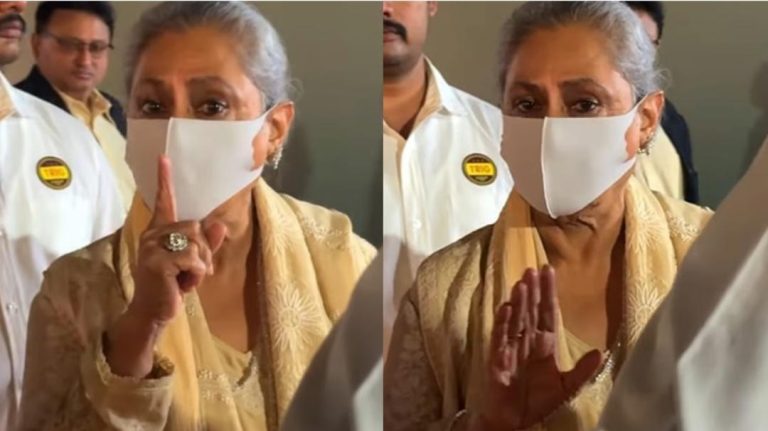
BJP Never Promised Farm Loan Waiver in Manifesto: Maha Minister
The ongoing debate over farm loan waivers has taken a new turn in Maharashtra, with the state’s minister, Atul Save, stating that the Bharatiya Janata Party (BJP) never promised farm loan waivers in its manifesto for the 2024 state assembly elections. This clarification comes after the Prahar Janshakti Party founder, Bachchu Kadu, ended his seven-day hunger strike in the Amravati district, which was sparked by his demand for a complete farm loan waiver.
Kadu, who has been leading the agitation for farm loan waivers, had started his hunger strike on March 15, demanding that the state government provide a complete waiver of farm loans to farmers. His strike gained momentum, with several farmers and activists joining him in solidarity. However, the government eventually assured Kadu that they would consider his demand, and he ended his hunger strike on March 22.
In an interview, Minister Atul Save clarified that the BJP never promised farm loan waivers in its manifesto for the upcoming state assembly elections. “The BJP has always been clear that it will provide relief to farmers, but it has not promised a blanket farm loan waiver,” Save said.
Save’s statement is significant, as it suggests that the government may not be in a position to provide a complete farm loan waiver, as some critics have been demanding. The BJP has historically been opposed to farm loan waivers, citing concerns about the financial burden on the state exchequer and the potential for abuse by farmers.
The controversy surrounding farm loan waivers has been ongoing for several years, with various political parties and governments promising relief to farmers. In 2017, the Maharashtra government, led by the BJP, had announced a farm loan waiver of Rs 34,000 crore, which was widely criticized as being ineffective in addressing the root causes of farmer distress.
The issue of farm loan waivers has become increasingly contentious, with some arguing that it is a short-term solution that does not address the long-term issues facing Indian agriculture. Critics point out that farm loan waivers can create moral hazard, as farmers may take on more debt in the expectation of getting a waiver. Others argue that the funds allocated for farm loan waivers could be better used to invest in agriculture infrastructure, research, and development, and to provide support to farmers through other means.
On the other hand, supporters of farm loan waivers argue that it is a necessary measure to provide relief to farmers who are struggling to repay their loans. They point out that many farmers are unable to repay their loans due to factors beyond their control, such as climate change, crop failures, and low prices for their produce.
The controversy surrounding farm loan waivers has also led to a heated debate about the role of government in agriculture. Some argue that the government should play a more active role in supporting farmers, while others argue that the government should focus on creating a level playing field and allowing farmers to compete in the market.
In conclusion, the statement by Minister Atul Save clarifying that the BJP never promised farm loan waivers in its manifesto highlights the complexities surrounding this issue. While some argue that farm loan waivers are a necessary measure to provide relief to farmers, others argue that they are a short-term solution that does not address the long-term issues facing Indian agriculture. As the debate continues to rage on, it is clear that finding a sustainable solution to the problem of farmer distress will require a nuanced and multifaceted approach.
News Source:






